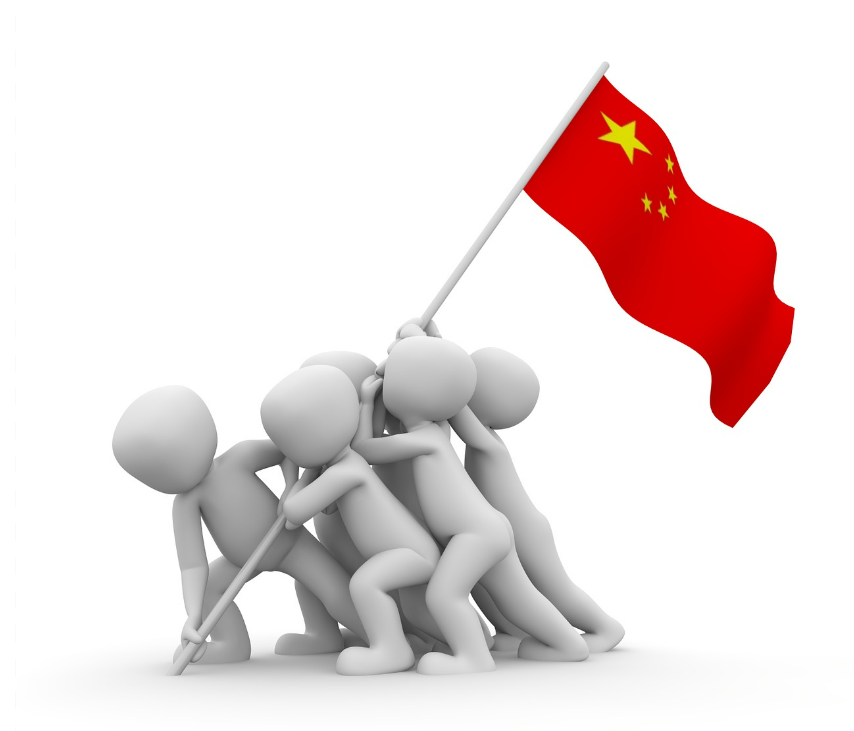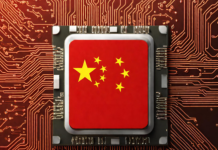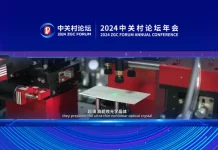Japan’s forthcoming implementation of export restrictions on 23 categories of chip-related equipment and materials is poised to significantly disrupt China’s efforts to achieve semiconductor self-sufficiency.
Scheduled to take effect in July, these newly regulated items have been meticulously chosen and specifically targeted, heightening their potential impact on China’s semiconductor industry. The restrictions present a formidable obstacle to China’s ambitions, further challenging its ability to acquire critical technologies and resources necessary for the development of its domestic semiconductor manufacturing capabilities.
This development underscores the complexities and tensions surrounding the global semiconductor landscape and raises concerns about the potential consequences for China’s strategic plans in this crucial sector.

Japan has not exclusively banned China from importing critical chip technology. However, Japan’s recent export restrictions will necessitate explicit permission for any country not included in a list of 42 designated “friendly” markets. This list does not include China, which essentially means that China will be banned by default. The restrictive measures imposed by Japan are poised to heavily impact China’s chip aspirations, further impeding its pursuit of technological independence in this critical sector.
In a statement released by the Chinese Ministry of Commerce on Monday, Wang Wentao, the Chinese Commerce Minister, strongly criticized Japan’s imposition of export controls on semiconductors. He described it as a “wrongdoing” that blatantly disregarded international economic and trade regulations.
Wang Wentao urged Japan to immediately cease these export restrictions, emphasizing that they not only infringed upon established rules but also posed a significant violation of international norms governing trade relations. The statement reflects China’s firm stance against Japan’s actions and highlights their concerns regarding the potential impact on bilateral economic cooperation.
Japan’s official statements regarding the export controls on semiconductor-related items have refrained from specifically singling out China. Instead, Japan has emphasized its commitment to fulfilling its duty in contributing to international peace and stability through the implementation of these measures.
Experts suggest that these export restrictions imposed by Japan go beyond the limitations that the United States has already placed on China, indicating a more extensive and impactful approach. The targeted items on the list reflect the intricacies of the semiconductor industry, highlighting Japan’s intention to restrict access to critical components vital for advanced chip production.
In recent discussions, the Group of Seven (G7) advanced nations, including the United States and Japan, reached an agreement to adopt a strategy of “de-risking” their economic ties with China, without completely decoupling from the world’s second-largest economy. This approach aims to mitigate the potential risks associated with their engagements with China across various sectors, including but not limited to semiconductor chips and minerals. By reducing their exposure, G7 countries seek to safeguard their own economic interests while also addressing concerns related to supply chain vulnerabilities and geopolitical tensions.
As these nations proceed with their de-risking efforts, it will be crucial to closely monitor the long-term impact on global trade dynamics and the implications for China’s position in the global economy.
Related:
- Japan to Lead the Space-based Solar Power Race, Research in Full Swing
- BYD and Li Auto Achieve Record EV Sales In May, Exit Price War in China
- Huawei sees largest ever profit decline due to US sanctions
(via)







